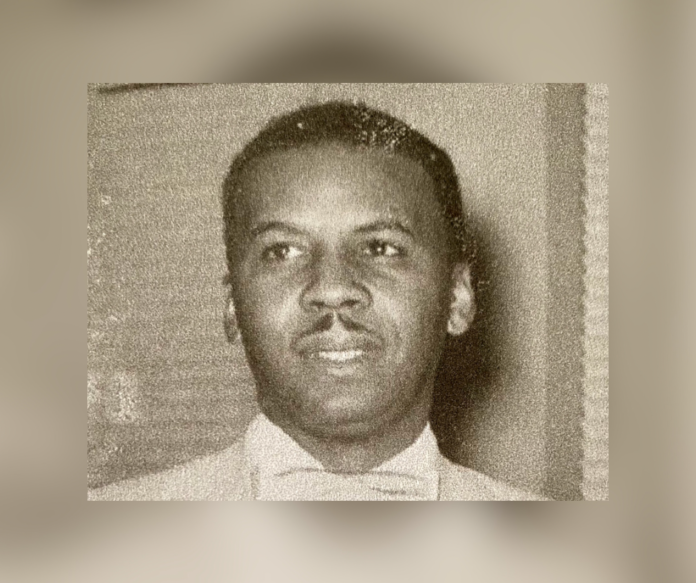Louis Berry, a native son of Alexandria, Louisiana, is remembered this Black History Month for his indelible contributions to the legal profession and the fight for civil rights. Born on October 9, 1914, Berry’s legacy is one of courage, resilience, and unwavering commitment to justice.
Berry’s legal journey began at Howard University School of Law in Washington, D.C., where he pursued his legal education with determination and purpose. Graduating from Howard was just the beginning of his remarkable career, as he embarked on a path that would forever change the course of history.
On August 1, 1945, Louis Berry made history when he became the first African American admitted to practice law in Louisiana since A. P. Tureaud in 1927. This groundbreaking achievement shattered racial barriers and paved the way for future generations of Black lawyers to enter the legal profession.
Despite his historic accomplishment, Berry faced numerous challenges upon his return to Alexandria in 1950 to practice law. In a segregated South where racial prejudice ran rampant, he encountered resistance and ridicule from white attorneys. However, Berry’s fortunes changed when Camille Gravel, a defense attorney with connections to Baton Rouge and Washington, D.C., offered to introduce him to the local bar association. Gravel’s bold act defied the norms of the time and provided Berry with the opportunity to establish himself within the legal community.
Berry’s impact extended far beyond his legal practice. In 1972, he assumed the role of Dean at Southern University Law School, where he served with distinction until 1974. As Dean, Berry was instrumental in shaping the future of legal education and nurturing the next generation of African American lawyers.
Throughout his life, Louis Berry remained a steadfast advocate for equality and justice. His tireless efforts to combat discrimination and promote civil rights inspired countless individuals and left an indelible mark on the fabric of American society.
The Alexandria Daily Town Talk credited much of the progress in the living conditions of the black community to Berry’s activism. Quoting Berry, the newspaper highlighted his poignant observation:
“Young people will be surprised to know the conditions under which blacks had to exist at the time, for they really had no rights that anybody was bound to respect.”
In 1996, two years prior to his passing in Lafayette, Louisiana, Louis Berry received a posthumous honor as he was inducted into the Louisiana Political Museum and Hall of Fame in Winnfield. This recognition underscored Berry’s significant contributions to the political and social landscape of Louisiana. It’s noteworthy that Camille Gravel, who had played a crucial role in Berry’s legal career, was inducted a year earlier in 1995, further solidifying their collective legacy in the state’s history.
As we commemorate Black History Month, let us remember and honor the legacy of Louis Berry – a trailblazer, a visionary, and a true champion of justice. His life serves as a powerful reminder of the enduring struggle for equality and the transformative power of courage and perseverance.
Source: Wikipedia, Southern University Law Center – Louis A. Berry Institute for Civil Rights and Justice; Alexandria Daily Town Talk (4/29/2007)








